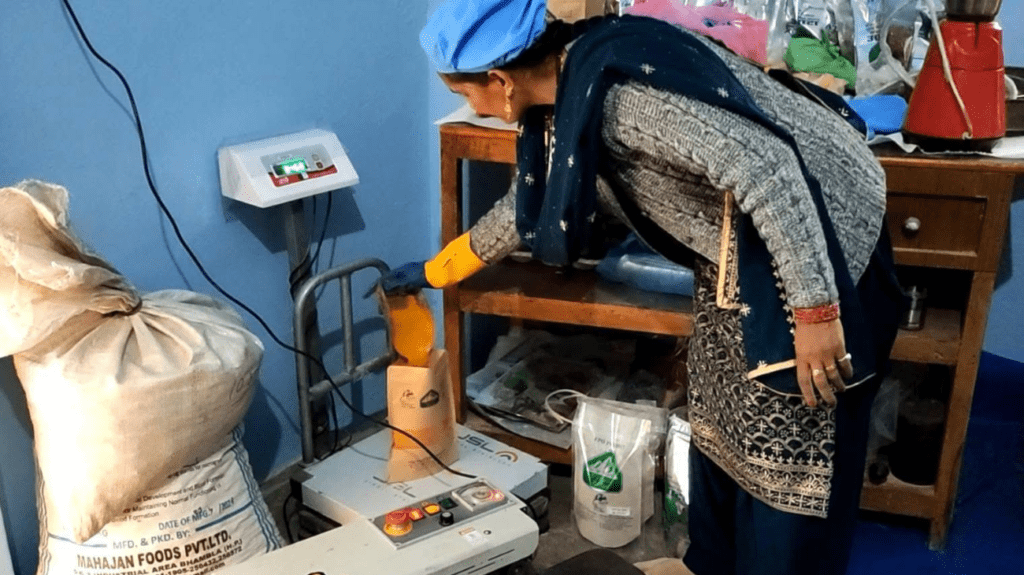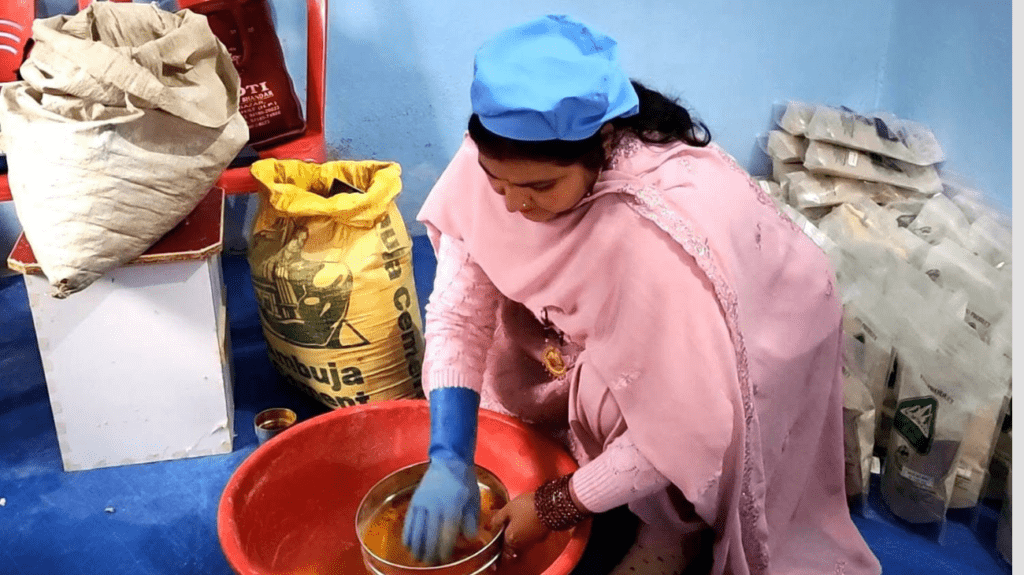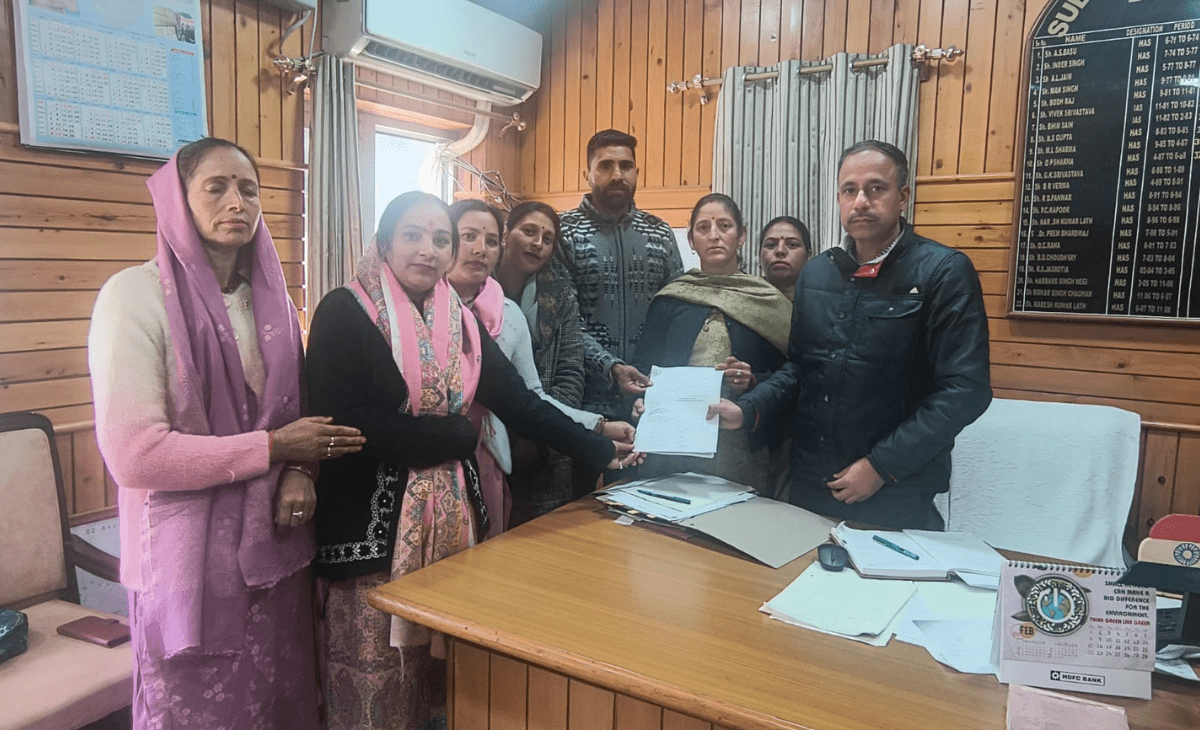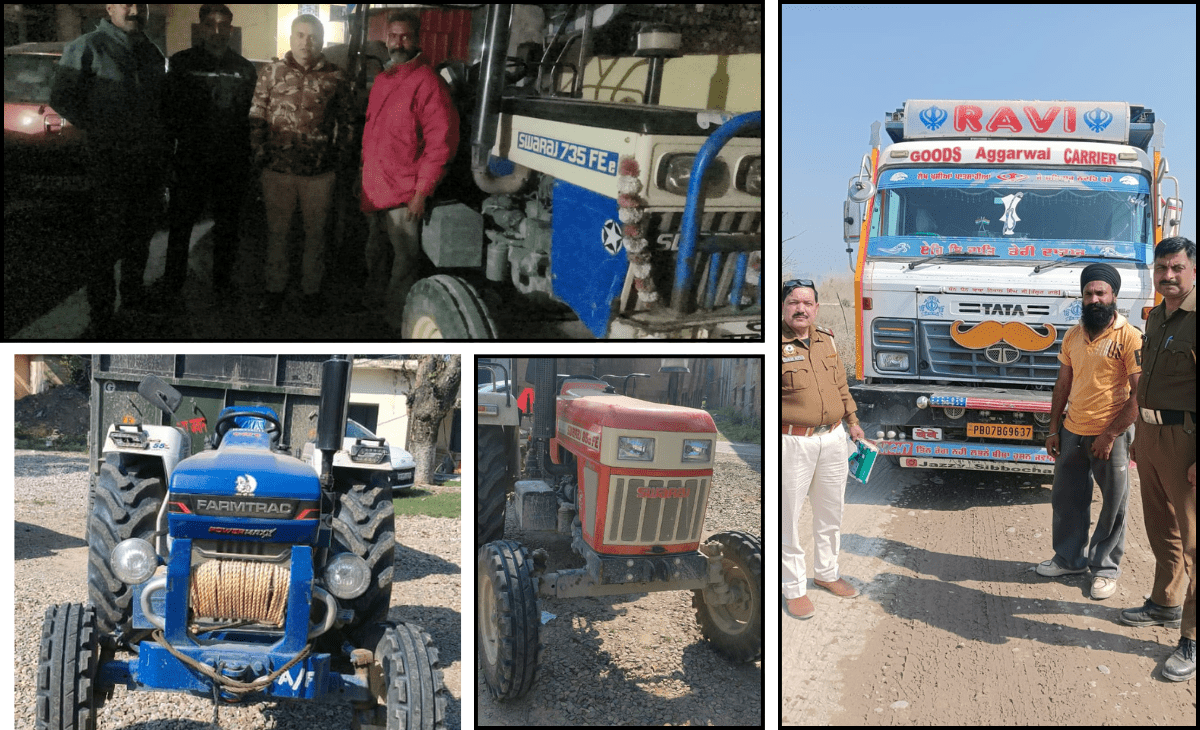MANDI: In a remarkable shift from traditional farming, women entrepreneurs in Dharampur subdivision of Mandi district in Himachal Pradesh are achieving financial independence through organic turmeric cultivation.
Overcoming the challenges of erratic weather and wildlife threats, these women have embraced modern farming techniques, turning their small-scale agricultural ventures into profitable businesses.
With the state government recently announcing a minimum support price (MSP) of ₹90 per kg for turmeric, their incomes have nearly tripled, giving them newfound economic stability.
From struggles to success: Kamlesh Kumari’s journey
Kamlesh Kumari, a farmer from Tanihar village, was among those who struggled with conventional farming. Her family had relied on seasonal crops like wheat and maize for generations, but frequent losses due to wild animals and unpredictable weather forced them to consider other options.
Her turning point came when she joined the Farmer Producer Organisation (FPO) in Dharampur and started turmeric cultivation. Unlike other crops, turmeric remained safe from monkeys and other wild animals, making it a viable alternative.

Encouraged by this, she and other village women formed the Jai Baba Kamalahiya Self-Help Group (SHG), which now produces organic turmeric-based products and pickles.
Initially, their products struggled to fetch good prices due to the lack of branding. However, with the help of the FPO, their products were rebranded under the name ‘Pahadi Ratan’, leading to better market reach and higher profits.
Kamlesh and her fellow SHG members now earn ₹15,000 to ₹18,000 per month, significantly improving their household incomes.
She attributed this success to the policies of the state government, which have created new opportunities for small farmers and women entrepreneurs. She believes that many who had abandoned farming due to losses will now return to agriculture with renewed hope.
Scaling up: More women join the movement
Sarojni Devi, associated with the Shri Ann Mahila Processing Centre in Gharwasda, has also found success through turmeric cultivation. Earlier, she and her family grew maize, wheat and finger millet, but frequent damage from rainfall and monkeys made these crops unreliable.

In 2023, after learning about organic turmeric farming through the Dharampur FPO, she decided to give it a try.
She and her fellow farmers cultivated turmeric on three to four bighas of land, yielding a substantial harvest in the first year. Initially, the FPO procured raw turmeric at ₹25 per kg, but after processing and packaging, they now sell it for ₹35 per kg.
The SHG members handle all aspects of production, from harvesting and drying to grinding and packaging, ensuring quality control and cutting down external costs.
With their annual earnings rising to ₹1–1.5 lakh, these women are now able to fund their children’s education and household expenses. Inspired by their success, more farmers in the village have started growing turmeric, and the area now produces 20–25 quintals of organic turmeric annually.
Sustainable future for women farmers
The state government’s focus on organic farming and farmer-friendly policies is playing a key role in transforming rural livelihoods.
The success of these women entrepreneurs in Dharampur not only highlights the potential of alternative crops like turmeric but also underscores the importance of branding, government support, and collective effort.
Munish Sood











